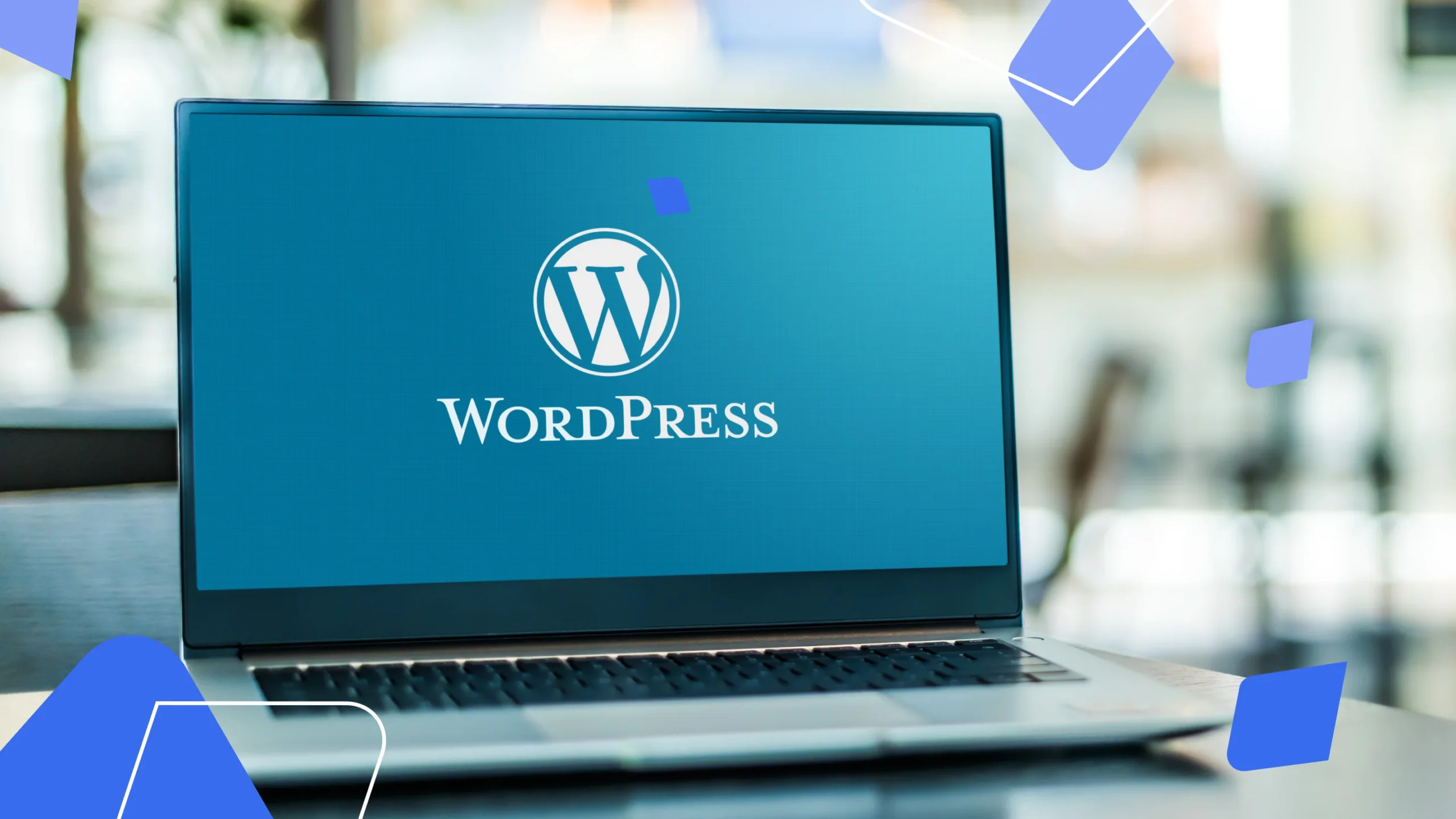
When you’re launching a startup, your website is often the first chance to make a great impression—and let’s face it, there’s no time for unnecessary headaches. Over the years, I’ve worked with numerous content management systems (CMS), and while they’ve all had their pros and cons, one has emerged as my top recommendation for startups: WordPress.
In this blog, we’ll explore 4 reasons why this powerful CMS is excellent for startups looking to build a strong online presence, covering its ease of use, customizability, affordability, and open-source support.
1. User-friendly for non-techies (and techies alike)
I’ve seen it time and time again: startups need websites that can be managed by someone who doesn’t necessarily have a tech background. WordPress is designed with simplicity in mind, making it easy for even non-technical users to manage content. As a startup, you need a CMS that allows you to quickly update content, add blog posts, and manage media without hiring a developer for every little change. It also provides a clean, intuitive dashboard that anyone can navigate, whether you’re creating new pages or updating your homepage content.
In my role, I’ve built numerous sites using WordPress, and what I love most is that once the site is live, clients can easily manage it on their own. Whether it’s a founder who wants to post a new blog or an intern updating product descriptions, the dashboard is clean and intuitive. In December 2018, WordPress released the Gutenberg block system, which has been a game-changer not only for developers, but for content editors, providing even more flexibility in page development and rapid content creation. The advancements and intuitive nature of the system have saved me hours of client calls where I would’ve been fixing minor edits. I love giving my clients that sense of ownership and the ability to tell their story how they choose. WordPress gives us all of that and so much more.
2. The customizability is unmatched
One of the best things about WordPress is the flexibility. I’ve used everything from free themes to custom WordPress solutions designed specifically to meet unique client needs. WordPress has a theme for just about every type of business out there. If you’re a startup on a tight budget, you can start with a free theme and customize it as you grow. And for those who need something really specific, custom WordPress solutions allow you to tweak themes or build one from scratch, ensuring your site looks exactly how you envision it.
A personal example I can share involved a startup client who needed their website to reflect their modern, innovative approach. I worked with them to tweak an existing WordPress theme, and by the time we finished, the site was completely unique. With a few simple edits to the theme’s markup, we were able to get exactly what our client wanted. That’s the power of WordPress—you get the benefits of using a platform that’s easy to work with, but with the flexibility to create something that looks custom-built.
WordPress’s vast plugin ecosystem enables startups to add features like e-commerce, analytics, and security enhancements—all without coding knowledge.
3. Affordability without compromising quality
Budget is always top of mind for startups. When I’m working with startups, they’re often concerned about keeping costs low while still having a professional, functional website. WordPress is an open-source CMS, which means it’s free to use, and all you need to pay for is hosting, your domain, and any premium themes or plugins you might want.
In fact, I’ve helped clients build solid websites with just basic hosting plans that didn’t cost them more than a few dollars a month. As their needs grew, so did their site, and WordPress handled that scalability beautifully without the need for a complete rebuild. Additionally, with so many WordPress Hosting options out there, it’s easy to upgrade your hosting plan, or even migrate to a new host should you need more firepower. Off-the-shelf plugins are available to make site migrations a breeze.
4. Strong open-source support and community
One of the reasons I trust WordPress is because it’s backed by a large open-source community. Over the years, I’ve seen firsthand how this community ensures WordPress stays secure and up-to-date with the latest web standards. Whenever I run into an issue—or need to implement something highly specific—there’s always a plugin or piece of advice available from the WordPress community. Documentation is readily available, and most premium theme and plugin developers offer support as well.
Its open-source nature also means that if you need a site built with semantic HTML (important for SEO and accessibility), there’s always someone out there who can help. I’ve personally built several custom WordPress solutions, taking great care in using semantic HTML that not only improved the site’s performance, but also its visibility in search engines.
No matter where you are in the process, you’re never alone!
WordPress checks all the boxes
For me, WordPress is the ideal CMS for startups because it strikes the perfect balance between ease of use, customizability, and affordability. It allows small businesses to launch quickly while providing the flexibility to scale and grow without breaking the bank. And with its robust open-source support, you’re never left in the dark.
If you’re starting a business and need a website that’s as dynamic and adaptable as you are, WordPress is without a doubt the way to go. In my experience, it’s the best solution to get you online fast while still giving you room to grow.
